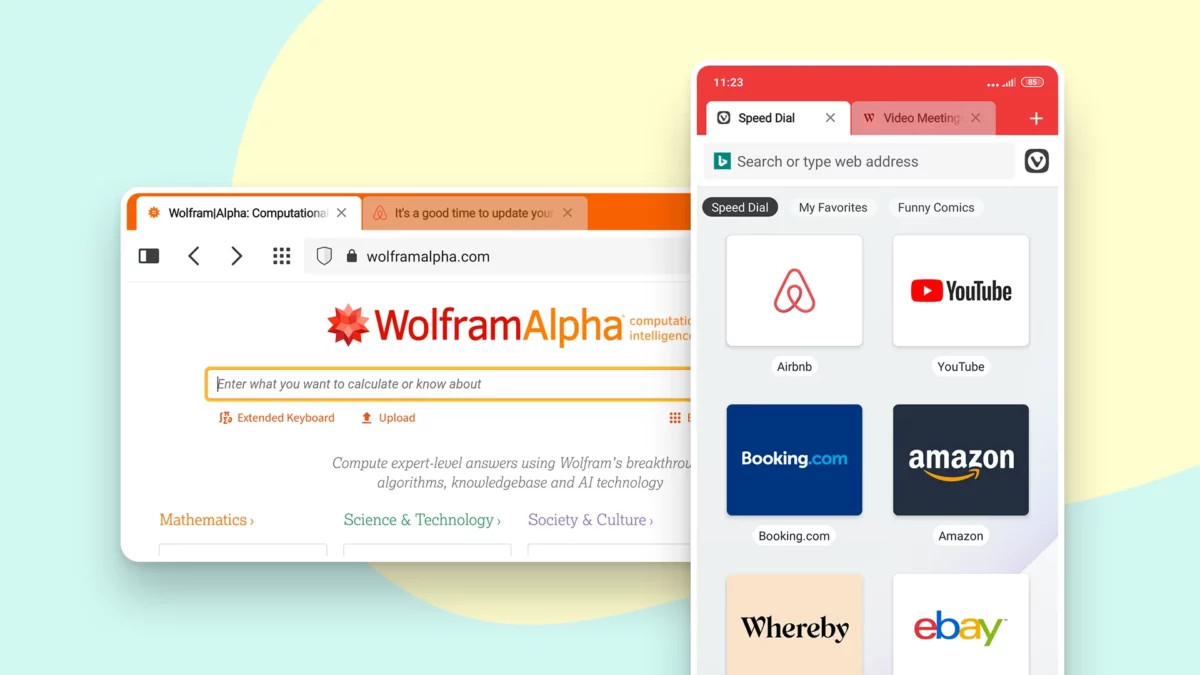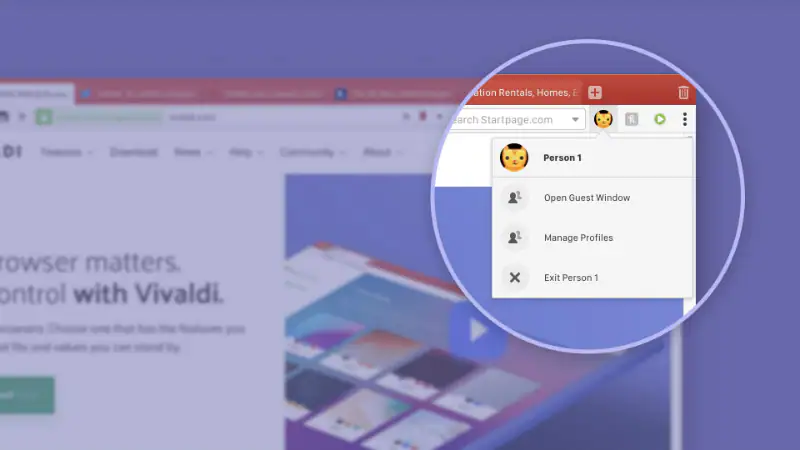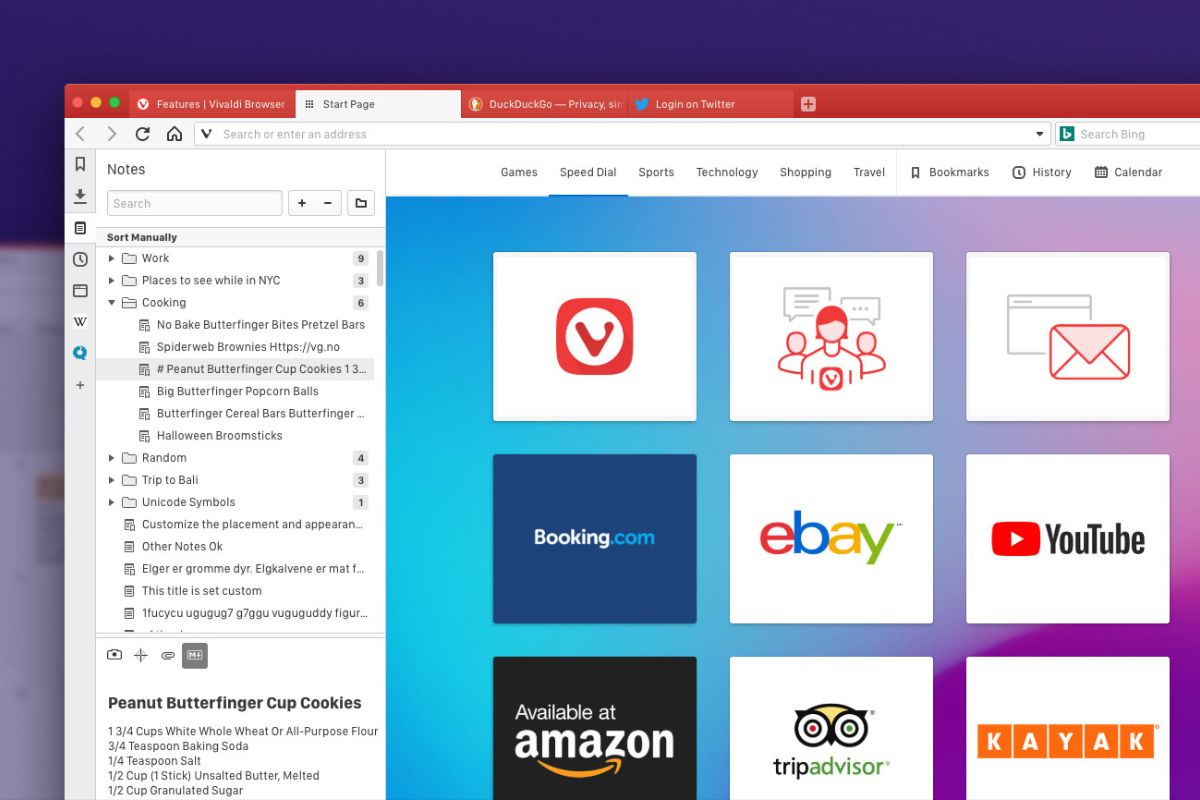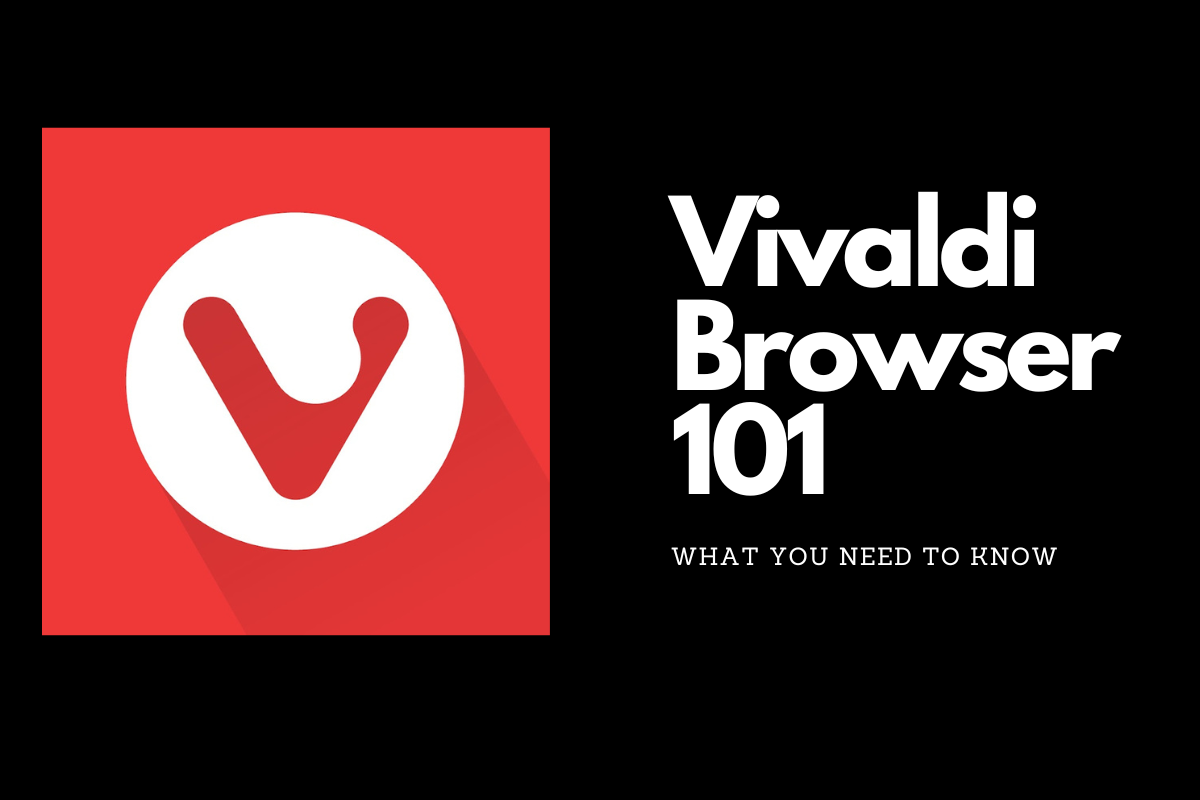From the ashes of the Opera browser, Vivaldi was born. It’s customisable as hell but is it a better browser than Chrome or Brave? Let’s find out…
When it comes to web browsers, there are now plenty of options – arguably too many. Chrome is still the biggest by far despite its Orwellian-levels of tracking which, ironically, is why browsers like DuckDuckGo and Brave are now becoming more popular.
Where does Vivaldi fit into this landscape? It is more private than Chrome but not so much as Brave or DuckDuckGo. But one area where it has carved out a niche for itself, alongside newer browsers like Arc, is with its myriad customisation options.
Is it worth switching to Vivaldi as your daily driver? Here’s what you need to know…
The Brains Behind the Vivaldi Browser

First things first, let’s talk about the masterminds behind Vivaldi. The company was founded by none other than Tatsuki Tomita and Jon Stephenson von Tetzchner, the latter being the co-founder and former CEO of Opera Software.
Yeah, you read that right – the guys who brought us the Opera browser are now the driving force behind Vivaldi. Opera is now dead, of course, but much of the ethos and ideology that went into Opera is present inside Vivaldi.
Vivaldi considers itself a privacy-first browser. It doesn’t track you, it comes with a built in ad blocker that you can toggle on, and it does not store cookies and temporary files from sites you visit which is great news for anyone looking to bulk-up their privacy settings in 2024.
One of the most compelling aspects of Vivaldi is its ownership structure. As an employee-owned company with no involvement from Big Tech or venture capital firms, Vivaldi is free to prioritize the needs and privacy of its users without the pressure to monetize user data.
The company’s primary revenue streams come from sponsored links and search engine partnerships, allowing them to maintain a focus on delivering a top-notch browsing experience without compromising user privacy.
Vivaldi’s commitment to privacy is further bolstered by its geographic location, with its headquarters in Oslo, Norway – a country known for its strict privacy laws.
And if you want to secure-up your email – Gmail is NOT private FYI – Vivaldi also has its own email client too which supports every major client from POP3 and IMAP to Gmail and Outlook.
Basically, using Vivaldi is a lot more secure and private than Chrome. Compared to Brave, probably not so much – Brave is the optimal choice for privacy experts right now. But Vivaldi is a good place to start if you’re not quite ready for the big leagues.
With Vivaldi, Customization is King

One of the standout features of Vivaldi is its mind-boggling level of customization. Want to change the color scheme based on the website you’re visiting? Vivaldi’s got you covered.
Prefer your tabs on the bottom? No problem.
And let’s not forget about the ability to “stack” and “tile” tabs, annotate web pages, and add notes to bookmarks. It’s like having a personal assistant built right into your browser.
More recently, this is something The Browser Company has tried to replicate with its Arc browser which focuses heavily on customisation, giving users more control over the look and feel and aesthetics of their browser.
For sheer usability, Vivaldi’s customization options are worth downloading it and trying out. I love the way its tab system works and the fact you can move your tabs from the top of the screen to the bottom – it makes so much more sense!
Vivaldi Supports Chrome & Firefox Extensions
Now, I know some of you might be worried about leaving behind your beloved Chrome or Firefox extensions. Fear not, Vivaldi – which is built on Chromium – plays nicely with a wide range of extensions from both the Chrome Web Store and Firefox.
This means you can download and try out Vivaldi, see if it fits in with your workflow, and not lose access to
Sure, there might be a few hiccups here and there due to Vivaldi’s unique user interface, but for the most part, you’ll be able to keep your favorite add-ons.
Privacy Matters

In this day and age, privacy is a hot-button issue. Vivaldi takes it seriously, with built-in ad blocking, tracker blocking, and even a unique user ID that helps the developers gather general statistics about the browser’s user base.
Now, some folks might raise an eyebrow at that last bit, but Vivaldi makes it easy to opt-out or delete the ID if you’re not comfortable with it.
Browsing in a Private Window means that any websites you visit, cookies and temporary files will not be stored by Vivaldi.
But, of course, this doesn’t take into account the services you might be using while you browse. If you’re using a Private Window to search the web, then your choice of search engine can play a big role in how “private” your actions actually are.
We’re collaborating with DuckDuckGo to offer a more private search experience. With this update, Vivaldi becomes the first browser to enable a default Private Search, and allows you to set a default search engine exclusively for Private Window browsing.
Unlike in other browsers, when you open a Private Window in Vivaldi, you will find DuckDuckGo enabled as your default search engine. When you search using DuckDuckGo, your search history is not tracked in any way.
This means that searches made in your Private Window will be just that – private.
Vivaldi Blog
As noted earlier, for the more privacy-focussed, Brave is likely a better option because it blocks literally everything and even has its own search engine, Brave Search.
For users simply looking to decrease the amount of data Big Tech soaks up from their browsing activities, however, Vivaldi is a massive improvement over Google’s Chrome and a step in the right direction.
Is Vivaldi Browser Worth It?

As a workable, customizable alternative to Google’s Chrome browser, Vivaldi is a great option whether you’re running Android or iOS. It has more customization options, it does not track you, and there’s a built in ad-blocker – Chrome has and does none of these things.
The fact that it also supports many of the most popular Chrome and Firefox extensions is another huge plus for Vivaldi.
So, is Vivaldi the browser for you? If you’re the type who loves to tinker, customize, and make your browsing experience truly your own, then the answer is a resounding yes.
For me, Vivaldi ticks a lot of boxes. From a purely user-focussed angle, it covers plenty of ground and gives you so many options to tweak and refine your browsing experience.
With privacy and security, it is a damn sight better than Chrome and Edge. You can browse without having your personal data harvested, you can block ads if you wish, and Vivaldi doesn’t store any of your personal files or cookies on its server logs.
I’d still advocate DuckDuckGo or Brave for the truly privacy-focused, but for the general user that just wants to make a change to the level of data they’re sharing with ad companies like Google and Microsoft, Vivaldi is a simple, effective, and fun means of doing so.


